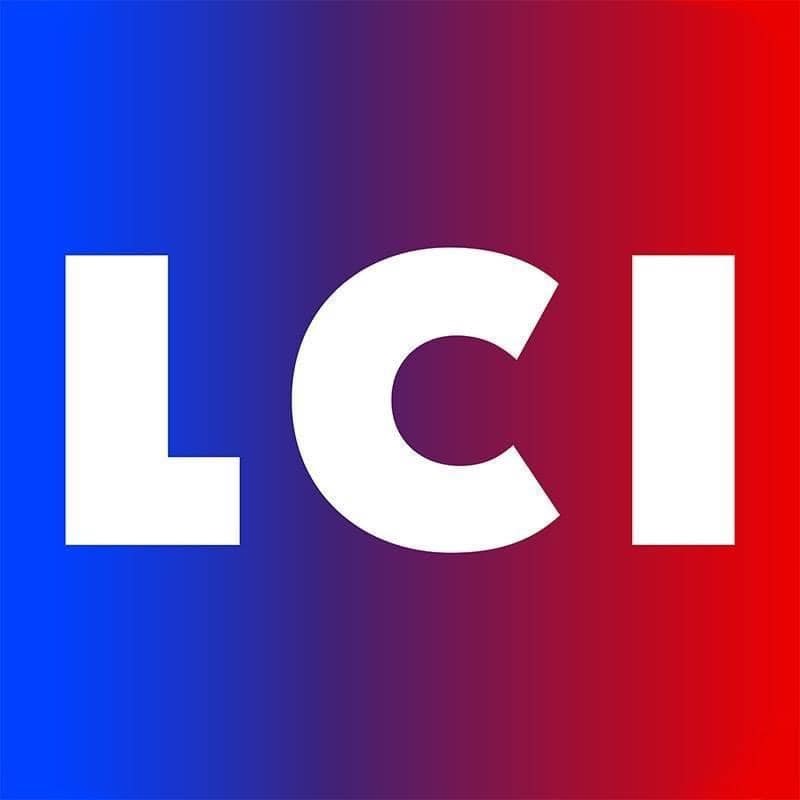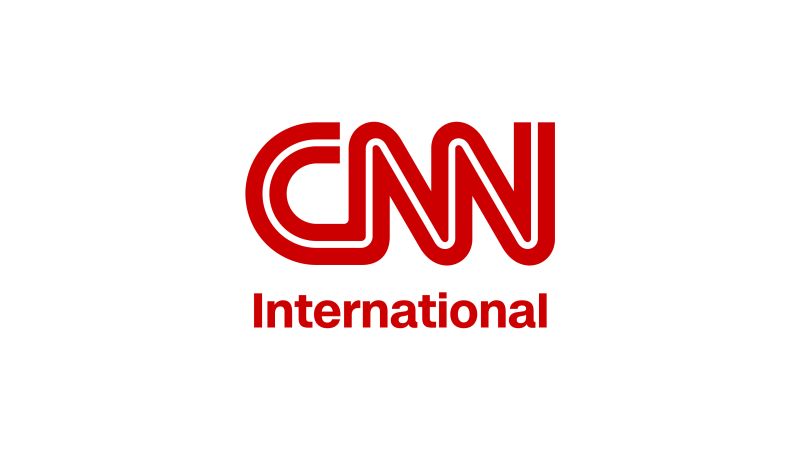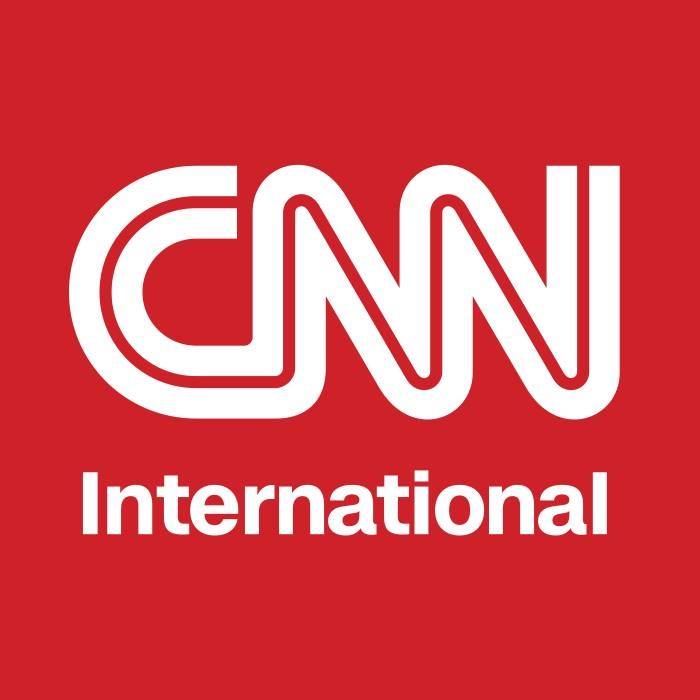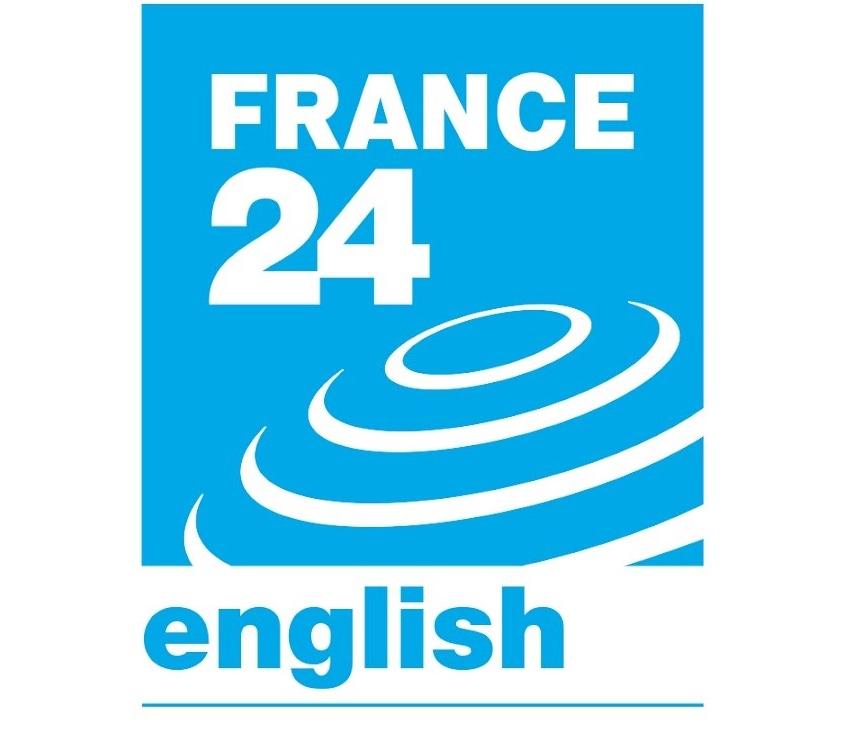
Well, I think that looking the way things are now certainly there is a movement towards the European Union and there is an acceleration in that direction. I am not sure that it’s a case for NATO unless tomorrow at the summit there are some new statements and new readiness from the NATO members to accelerate Euro-Atlantic integration. But certainly we are ready, we are preparing for that and we will be ready to accelerate the path in whatever direction there will be readiness on the part of our partners to receive us.
So just to be clear, the anxiety is on the part of NATO members not on the part of Georgia?
The anxieties I don’t know. But certainly we are waiting for to see the signals that there might be similar acceleration in terms of NATO path as there has been on the part of the European Union where clearly the European leaders have shown that they are looking in the different manner to those countries, the associated members and maybe also the Western Balkans to show them that they can politically be welcome in the European Union with less procedures, less bureaucratic obstacles than they have been in the past years. That doesn’t mean that it will be an immediate process but there is new opening, what we call a window of opportunity and we are certainly ready to seize that window.
Just very briefly on that before we move on. If things were to plan, when do you think Georgia could have either full or associated membership of the EU?
There’s been no discussion on dates and it’s clearly not us that can fix the dates. We’ll have to go through some path of reforms anyway. The demands will not change, maybe the bureaucracy will change a little bit, but the political decision will have to come from the European leaders. And the European leaders today are very clearly putting the priority in their support towards Ukraine. The war is going on so I don’t think that we can expect some political decisions in the very immediate future. But I think that the acceleration means that we are not going to talk years but more short term.
Now from the outside, it certainly looks as though you as a president have been much more critical of Putin, much more in favor of punishing Russia through sanctions than your prime minister. Is that correct?
Well, there might be differences of wordings but I don’t think that one expects Georgia to be the one punishing Russia as you said with sanctions. Because our means to punish Russia are quite limited. As you know we do not have diplomatic relations since 2008 war, we do not have flights with Russia, we are not that dependent on Russian energy, it’s limited and our main provider is Azerbaijan. We are receiving wheat from Russia but that’s not under sanctions. And our financial sector, our banks are fully following the financial sanctions. We are completely there, on line with our partners. So, I think we are doing the utmost and probably our main also cost that we are taking in all of that is the fact that we already have occupied territories. And those two occupied regions are clearly for us a matter of concern. And not only for us, I know that it’s a matter of concern for our European partners. They know that there is an extreme sensitivity in Georgia because of that. We have Russian military bases and troops that are about 40 km from Tbilisi, the capital city. But that does not mean that Georgia is not in full solidarity with Ukraine. We have been two countries that have gone same history for the past two centuries under Russian, than Soviet, then again Russian rule and occupations, so we know what it means and we are on the same line as Ukraine.
I think many are reassured to hear. Although there is some puzzlement why Ukraine seem to get very angry with you about not doing enough when it came to sanctions and actually withdrew, you know, their ambassador.
Well, the ambassador has been called for consultations. I think there has been misunderstanding about some statements. But that doesn’t change the relation between the two states. And I think again that we are on the same line.
Okay. Now, when after Russia occupied South Ossetia, you felt the West didn’t do enough to put pressure on Russia back then. Do you now take the view that if the West had acted more decisively maybe Putin would have been deterred from what he’s done today in Ukraine?
I think it’s not only me if I heard some of the statements that were made, including at the House of Commons and elsewhere. The West understands very well that it has not reacted and it has not, more than reaction, it has not measured well what happened in 2008 and what it signified about Russian intentions and Russian aggressiveness. And I think that this miscalculations, and not only in 2008 in Georgia but in 2014 in Crimea, have been probably some of the elements that have encouraged Russia to continue on this aggressive path which we’ve seen now in full deployment in Ukraine.
And therefore following on from that, how worried are you, if Putin were to succeed in Ukraine, he would then come back to Georgia and try to occupy more of your country?
Well, I think that we all have to be concerned about what might happen if Putin gets what he wants in Ukraine which I think is already not the case. Because he wanted the same thing in a very different manner. He thought he was going to get rendition of Ukraine in a very few days. And I think that what we have seen, even today the latest news, is that Ukrainians are not only resisting, they are fighting back and they are gaining back some of the places that were hold by Russia. So, I think that things are not done. But if that were the case nonetheless, I think we all have to be concerned. The same ways as we should all had been concerned about what happened in Georgia in 2008 and in Crimea in 2014.
Madame President, it’s been great talking to you. I’m sure we all agree that what’s on stake is indeed survival of you know, the free world.
We do.
Many thanks!









